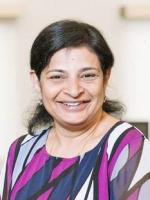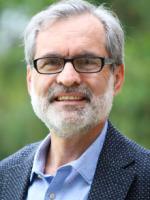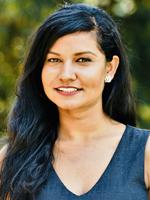
Celine Heskey, DrPH, MS, RDN
Dr. Heskey is an Associate Professor of Nutrition, and currently the program director of the MPH Nutrition program at Loma Linda University. She completed her BS degree in Dietetics and MS degree in Human Nutrition at Andrews University, and her DrPH in Nutrition at Loma Linda University. She has prior experience working as a clinical dietitian (Registered Dietitian Nutritionist) at Advent Health-Altamonte and Loma Linda University Medical Center. Her research interests include nutrition epidemiology, and clinical trials examining the effects of various nutrients and foods (including n-3 fatty acids, nuts, avocado, and mango) on adiposity and cardiometabolic health, including risk factors for heart disease and diabetes.






